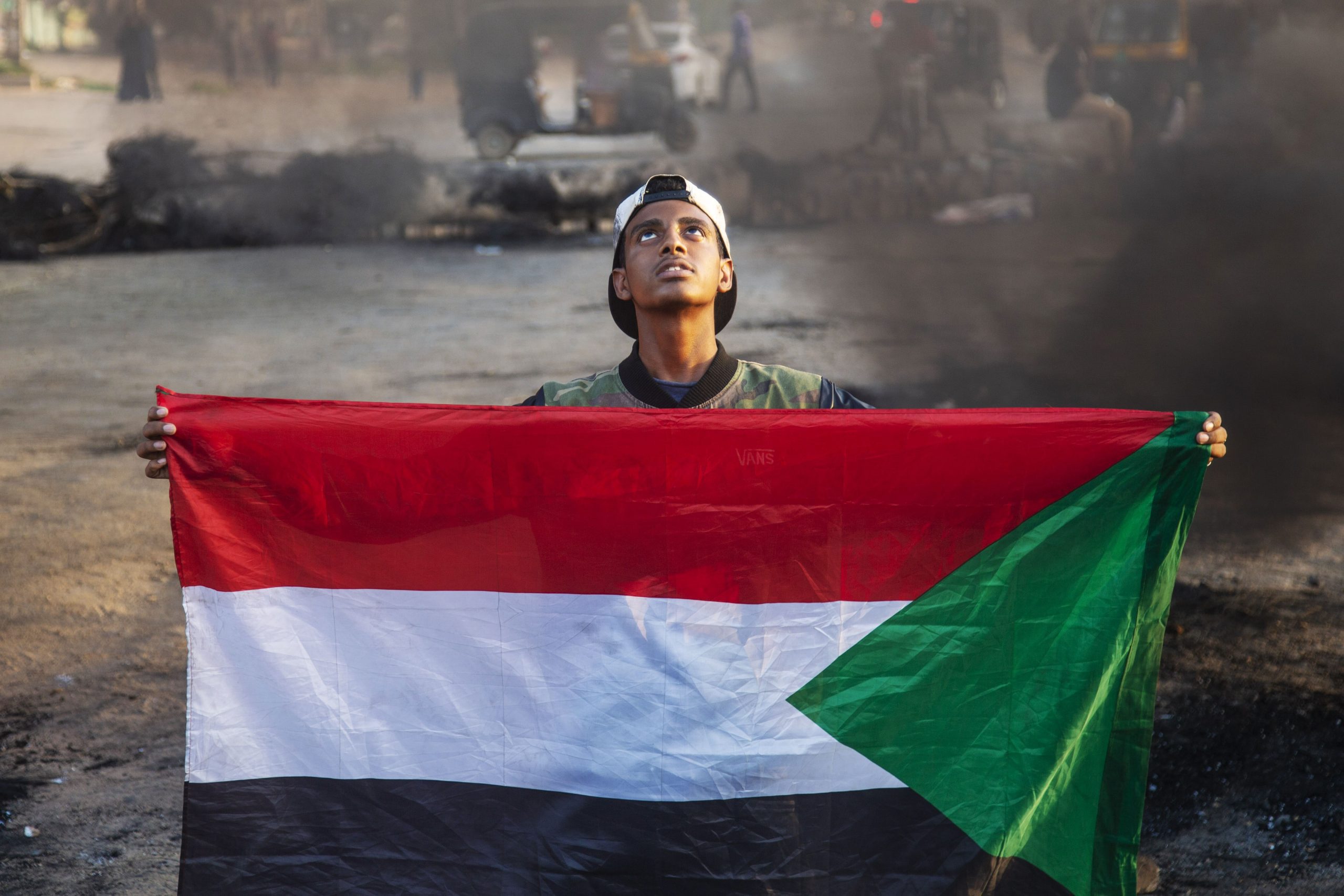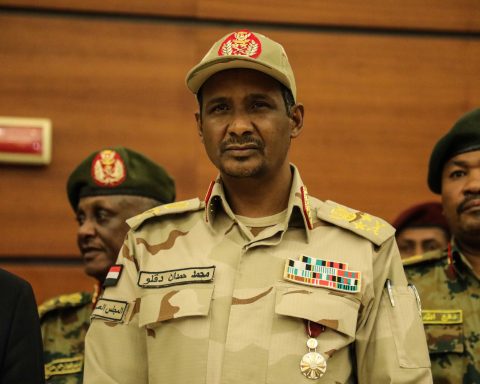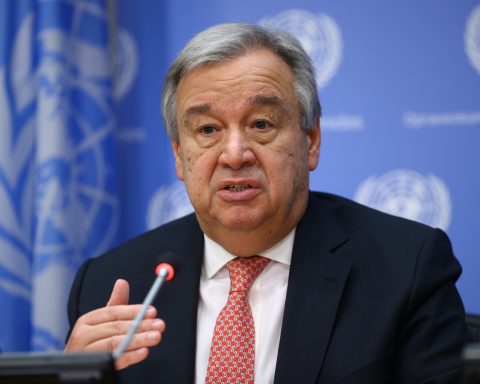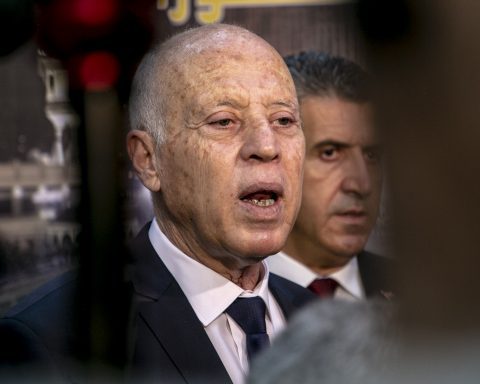For a variety of internal and external-related reasons, Africa has experienced more military coups than any other region of the world. From 1956 to 2001, a total of 80 successful coups and 108 failed coup attempts were staged in sub-Saharan Africa. Even though this figure decreased by half between 2001 and 2019, it is once again on the rise as several African countries have recently shifted to military rule. In just over a year, the continent has experienced four coups (one in Sudan, one in Guinea and two in Mali), one coup attempt in Niger, and a military transfer of power in Chad. Pervasive corruption, inefficient governments and the threat of instability are the most common “official” reasons for the past and present coups. African military coups have been bloodless in general, as ordinary people also complain about those problems and are usually not willing to defend the ousted government. This tendency has consolidated Africa’s historical and structural predisposition to stratocracy, namely government by the military.
On October 25, 2021, the latest African coup was staged in Sudan, where the military dissolved civilian rule and arrested government members, including the Prime Minister. It is the sixth successful coup in the modern history of Sudan. With 12 failed coup attempts and 17 thwarted/alleged plots added to this figure, Sudan is the most coup-prone country in Africa and therefore labelled as a coup laboratory. The latest coup is not surprising in this respect.
Since the first coup led by Ibrahim Abbud in 1958, the Sudanese military has stood out as a potential “saviour” in times of political turmoil. Although the military relinquished power following the popular protests in October 1964, it returned to the stage in 1969 when the civilian government failed to overcome a constitutional crisis. The military rule by Jaafar Nimeiry survived several coup attempts until 1985 when the Sudanese army intervened in response to anti-government protests on this occasion. Like the end of the Abbud regime, the ousting of the Nimeiry regime was well received across the country. It is of note that the coup leader, Abdel Rahman Suwar al-Dahab, surrendered power to a civilian government within a year. However, the political disputes and inefficient coalition governments paved the way for another coup led by Omar al-Bashir in 1989.
Bashir ruled Sudan for 30 years, despite the domestic and international pressures mainly resulting from Islamist political activism as well as the conflicts in South Sudan and Darfur. In 2010, al-Bashir retired from his post as commander of the armed forces, a position that he had held since the 1989 coup. His easy re-election in 2015, with 94 percent of the vote, could not prevent the popular unrest in 2019. Small spontaneous protests over frustrations with the worsening economic conditions soon transformed into larger-scale organized anti-government demonstrations. The fact that some segments of the military protected the demonstrators indicated that the armed forces ceased their unwavering support for Bashir. The armed forces eventually ousted al-Bashir on April 11, 2019, and once again became the “saviour” or “voice” of the Sudanese people.
Following al-Bashir’s removal, the Sudanese military and the so-called pro-democracy groups agreed to de-Bashirise all the institutions and guide the country to free elections. Under the agreement, Sudan’s transition to democracy would be administered for the first 21 and the following 18 months by the military and civilians, respectively. However, tensions soon mounted between the two factions. In the words of Sudan’s military leader Abdel Fattah al-Burhan, the transition agreement turned to a “conflict” which “threatened peace and unity” in the country. The growing political antagonism was reflected in the streets as well. A group of demonstrators called for a civilian government in line with the initially agreed transition schedule, whereas those advocating for a military-led government staged a sit-in outside the presidential palace for over a week. The latter group of demonstrators also complained about the ever-worsening economic situation for which the military and civilian factions blamed each other. In short, the uneasy military-civilian alliance enabled neither democratisation nor economic improvement.
The military-civilian disagreement and the resultant political-economic inefficiency paved the way for a new military takeover on October 25, 2021, one month before the scheduled transfer of power to a civilian-led transition government. It is alleged that Prime Minister Abdalla Hamdok had been under pressure to release a statement “in support of the military takeover”, but he had not accepted it and called on pro-democracy protests to take to the streets. According to General Burhan, on the other hand, the military was compelled to intervene as Hamdok rejected all the options the military had presented to evade a political deadlock. Burhan added that the military would “continue completing the democratic transition” and lead the country to elections in July 2023. The takeover in question can be defined as either a coup within coup or an overt political elimination. The stronger armed partner of the transition government has run their own show by ruling out the weaker and “trouble-maker” civilian elements.
The military takeover was staged soon after Jeffrey Feltman, the US Special Envoy for the Horn of Africa, met Sudanese military and civilian leaders on October 23 and 24. It is understood that he was not able to persuade the Sudanese leaders to reach a compromise. As a result, the strongest reactions came from the Western nations. The United States, the United Kingdom, Norway, and Germany all condemned the coup. France condemned the action “in the strongest terms,”, whereas the United Kingdom and the European Union went beyond condemnation by describing it as “betrayal”. The strongest subtle support came from Russia, which said it would “continue to respect the choice of the Sudanese people and provide them with all necessary assistance”. Turkey and Qatar just expressed concern, while China, Egypt, Ethiopia, Saudi Arabia, and the United Arab Emirates confined themselves to calling for dialogue, restraint and de-escalation.
The post-coup declaration that Sudan would remain committed to all international agreements is normally expected to put all partners of Sudan at ease. However, the differing tones of international reactions to the coup in Sudan are indicative of not only the crystallising geopolitical divergence between the West and the East, but also the expectation that the new military-led government would favour the interests of Emerging Powers over those of traditional partners. This could lead to further pressures on Sudan, mainly from the Western states and institutions.














